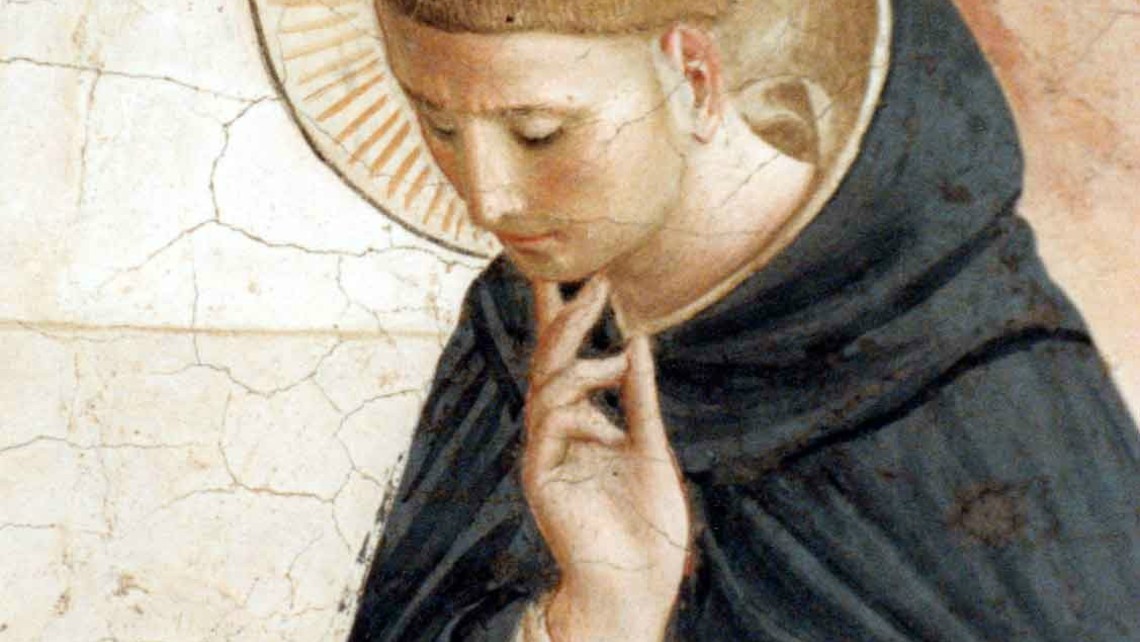
We should all do a regular examination of conscience prior to going to confession. We should go to confession regularly; most spiritual guides suggest at least once a month. However, if we wait until going to confession to begin to reflect upon our lives, there will be many things we will miss other than large sins. We will be unlikely to detect patterns of behavior, and other areas of susceptibility to temptation. Thus, we must develop an approach of self-examination that provides us with an ongoing habit of awareness. Our discussion of discernment of spirits should make it clear, this examination should be ongoing.
Our examen should begin upon rising in the morning. Besides our morning offering and prayers of intention for others, we should preview the day ahead of us. As we think about what lies ahead for the day, we should be attentive to the way we respond emotionally. We should take note of those events/people/tasks which give us feelings of discomfort, anxiety or dread and try to determine why. Then we should ask God for protection from thoughts and feelings that will interfere with or undermine our commitments to love Him and our neighbor, or to be dissuaded from following Him. We should also ask Him for the special grace to be made aware of and given the ability to discern all thoughts or emotions that arise from our wounded selves and/or demonic temptation. For these, we ask Christ to be with us and to be given the strength to surrender to Him and to disavow the thoughts and feelings as not ours.
Throughout the day, we should set aside times to ponder our day up to that point, and to discern our thoughts and emotions. For those which were authentic (from God or choices for the authentic good) we should reaffirm them. Any thoughts or emotions that were from the enemy and/or from our woundedness, we should ascertain the degree to which we consented to them and whether we acted upon them. We should immediately repent of any consent to evil thoughts or emotions. We should disavow them as not coming from us but from the enemy and/or our wounds.
Finally, we should do a nightly examination of conscience. Recollect the day and look for sinful acts and selfishness, sinful patterns of behavior, and areas in which we successfully responded to God’s grace. In all of these times of reflection, we should not be doing it by ourselves but ask Jesus to be there with us and to reveal to us clearly what we should be aware of. We should ask Him for the strength and courage to see and accept our sinfulness, to repent when necessary, and to be given the strength to amend our lives. Finally, we should ask God to be with us the rest of the night, especially protecting us in our dreams, that they not be used by Satan for later opportunities of temptation.
This is a simplified approach to the spiritual life, influenced by Ignatian spirituality. To learn more specifics about the Ignatian method, Fr. Timothy Gallagher, OMV has a series of popular books explaining the Examen and discernment of spirits. A very practical approach which applies St. Ignatius’ approach to the life of the average layman is Fr. William Watson SJ’s, Forty Weeks.




